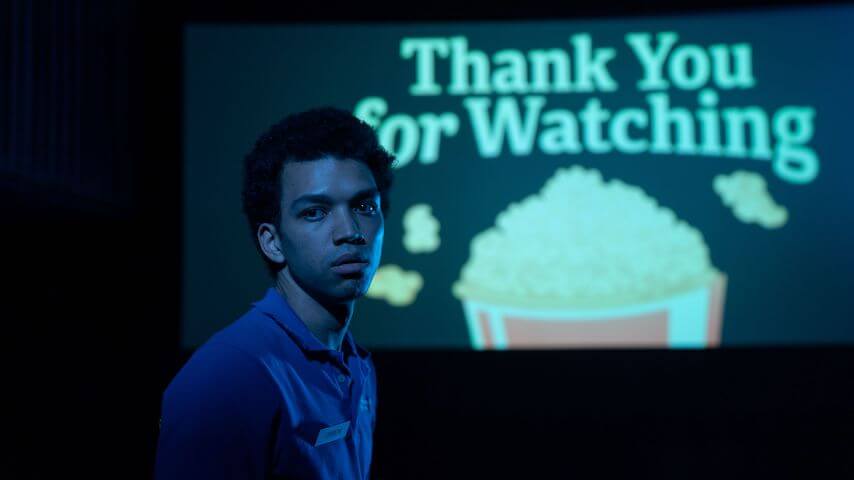So far, theaters have largely bridged this gap by taking even more of their customers’ money rather than offering a more enticing experience. “A lot of the gains we’re seeing at the box office are due to higher ticket prices,” said Eric Handler, managing director at Roth Capital Partners.
Based on the quotes in Variety‘s report, however, some studio execs don’t seem to understand that raising prices so drastically will result in people not only seeing fewer movies, but taking fewer risks with their ticket purchases. “Audiences say they want original titles, yet they’re doubling down and supporting the safer options of titles they know,” said Disney‘s executive VP of global theatrical distribution Tony Chambers. On a purely statistical level, he’s right. Of the ten highest-grossing movies this year, Wicked was the only one that wasn’t part of a pre-existing franchise. (Even then, it’s an adaptation of a popular musical and a prequel to the very well-known The Wizard Of Oz.) Everything else—Inside Out 2, Deadpool & Wolverine, Dune: Part Two et. al.—was a sequel, threequel, or higher.
Part of that is the result of making these types of movies into capital-E Events. Think people’s pink and green outfits for Wicked or Fremen cosplay (and popcorn bucket purchases) for Dune: Part Two. “We’re all quite clear-eyed about the fact that you need to create a sense of urgency to get films to work at the box office,” said Peter Cramer, president of Universal Pictures. “I wish I could say that casual moviegoing was as strong as it needs to be, but it’s not. We need to drive people to get out of the house.”
Jeff Goldstein, president of domestic distribution at Warner Bros, echoed these sentiments, wishing for the sort of not-a-blockbuster/not-a-flop films that used to pad the studio’s numbers. “You used to be able to have a middle class that made up the bulk of films,” he said. “That has shrunk.” Maybe it would grow again if people didn’t feel like they had to spend half their life savings to see a movie with their family, especially if that movie is just okay. You can check out Variety‘s whole report here.

